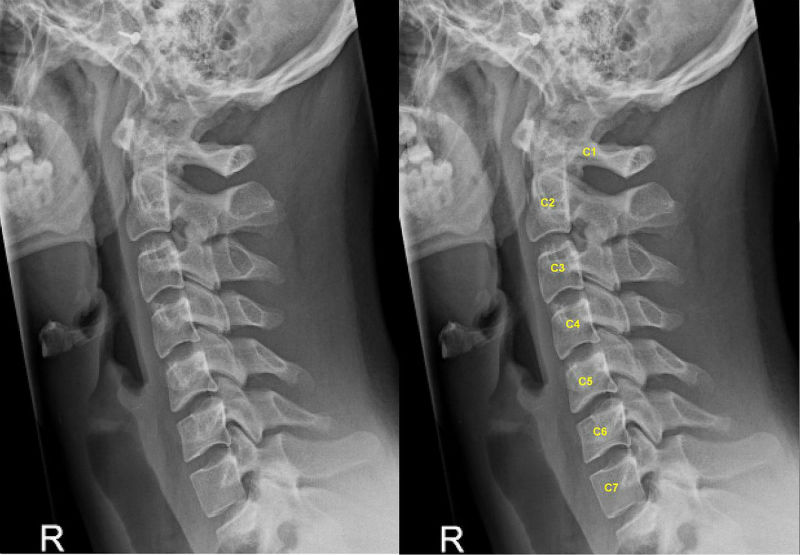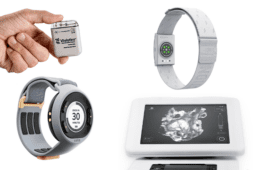
(Credit: Stock)
Spinal Elements, a spine technology company, announced that the first procedures with its Lucent XP expandable interbody implant have been successfully completed.
The Lucent XP System is an interbody device that can expand in height and increase in lordotic angle after it has been surgically implanted. The height expansion helps restore the height of the spinal disc space and the lordotic angling helps correct the curvature of the spine. With the Lucent XP device, surgeons can achieve up to 15 degrees of lordotic angle, helping restore sagittal balance for the patient.
The Lucent XP system is made primary of polyetheretherketone (PEEK), a radiolucent material with a lower modulus of elasticity than titanium, the primary material of many competitive systems. The PEEK mechanical properties along with the design of the device allow for a more load-sharing construct. The radiolucency allows for post-operative evaluation of the fusion progression. Additionally, the device is coated with Spinal Elements’ Ti-Bond porous titanium coating. Ti-Bond is a hydrophilic coating applied at the bone-contacting endplates of the implant.
Hyun Bae, MD, a leading spine surgeon who practices at The Spine Institute in Los Angeles, California, has this to say about his experience with the Lucent XP System, “The ease of use of this system and the ability of the device to expand in height and restore lordotic angle are exactly what I need to address the challenges spinal fusion surgery for my patients.”
Paul Kim, MD, of the Spine Institute of San Diego, adds, “The clinical importance of height restoration and spinal curvature cannot be understated. Spinal Elements’ system provides these features without making sacrifices relative to construct rigidity or post-operative ability to monitor the progress of a fusion. Furthermore, I was able deploy the system safely and efficiently with a minimally invasive surgical approach.”
Spinal Elements will be more widely launching the Lucent XP expandable interbody device in the summer of 2017. The company has seen over 20% growth of the past year in its core technologies, fueled by demand for its advanced technologies including Ti-Bond coated implants.




